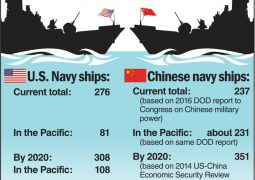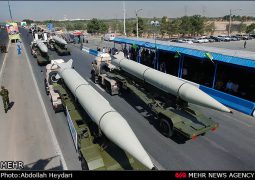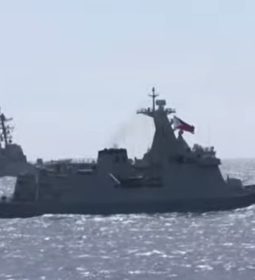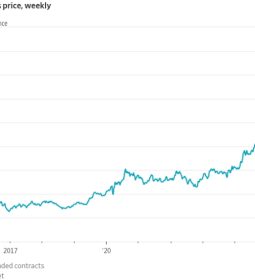What ASEAN can do to tackle plastic waste imports
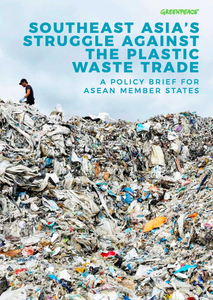
having a joint task force, intelligence could be shared by Asean member states to ensure plastic waste from
By Jeen Young – July 1, 2019 @ 11:59pm
IN January 2018, China, the world’s biggest importer of scrap plastic, imposed a country-wide import ban on plastic waste and it effectively halted the export of plastic waste into China.
Even though China had halted imports of plastic waste from developed nations, it didn’t stop there. Instead, the plastic waste created by these countries were shipped to Southeast Asian nations, by taking advantage of the lax environmental regulations in the region as compared with the strict regulations in developed countries.
Malaysia’s imports rose to about 110,000 tonnes per month following China’s ban and so did imports in Thailand, Vietnam and the Philippines.
Malaysia returned five containers to Spain and Energy, Science, Technology, Environment and Climate Change Minister Yeo Bee Yin stated that Malaysia would continue to send waste back to the countries that exported them.
Asean countries are taking a strong stance on this issue. However, there are certain measures that could be taken by Asean as a whole, which would act as a stronger deterrent against plastic waste. This includes ratifying the Basel Ban Amendment and forming a joint task force to deal with the problem.
RATIFY THE BASEL BAN AMENDMENT
Asean could ratify the Basel Ban Amendment, as called upon by the country director of Greenpeace Thailand. The Basel Ban Amendment was adopted in 1995, which was an amendment of the Basel Convention. It is an international treaty designed to minimise the transfer of hazardous waste from developed to less developed countries.
The amendment has been accepted by the European Union, which is one of the largest producers of plastic waste, yet it had not been ratified, as it requires the ratification of three-quarters of the member states to the Basel Convention.
The Basel Ban prohibits export of hazardous waste for whatever reason, including recycling from a list of developed countries.
They are mostly in the Organisation for Economic Co-operation and Development nations, including but not limited to countries such as the United Kingdom, the United States, Canada and other developing countries.
By ratifying the Basel Ban Amendment, it would signify the strong stance of Asean against the export of plastic waste from developed countries into the Asean region. After ratifying the Basel Ban Amendment, it could largely reduce the amount of plastic waste shipped to Asean as the developed countries would hesitate before sending plastic waste to the region.
Asean member states could collectively lobby at the next Basel Convention Conference for stronger protection against the export of plastic waste to countries in the region. Besides that, it could also lobby for faster ratification and implementation of the Basel Ban Amendment as the amendment requires 75 per cent of the member states to the Basel Convention to ratify it.
The Basel Ban Amendment is a suitable measure on paper to deter any future export of waste to the region.
FORMATION OF CONVENTION BETWEEN ASEAN COUNTRIES TO BAN IMPORTATION OF WASTE
Asean could come up with a convention to ban importation of waste by any member state. It could look towards the Bamako Convention for some inspiration. The Bamako Convention is a treaty by African nations prohibiting the importation of any hazardous waste.
FORMATION OF A JOINT TASK FORCE
Asean could form a joint taskforce made up of environment ministers of all member states. This task force could come up with measures to deter the importation of such waste.
One such method is to tighten checks of cargo ships to ensure that no such waste is shipped into the region under false pretences. The task force could also implement measures which increase policing and prosecuting of individuals who flout the environmental regulations. By having a joint task force, intelligence could be shared between member states to ensure that the waste is not smuggled into the region due to the greed of unscrupulous individuals.
There could also be scheduled shipping routes that would return the waste back to these developed countries.
As of today, the most effective measure is by forming a joint task force, and defining the scope of powers and involvement to ensure that the waste issue is dealt with swiftly in terms of shipping back the waste, disposing it and to ensure no such exportation of waste into the region in the future. By consolidating the resources that each Asean member state has to offer, it allows the region to deal with the plastic waste issue effectively.
There are so many more things that Asean could do collectively to prevent such problem from arising in the future, and it must not allow politics to come in between the cooperation of member states to prevent plastic waste from being dumped in our country in the future.
The writer is reading law at King’s College London
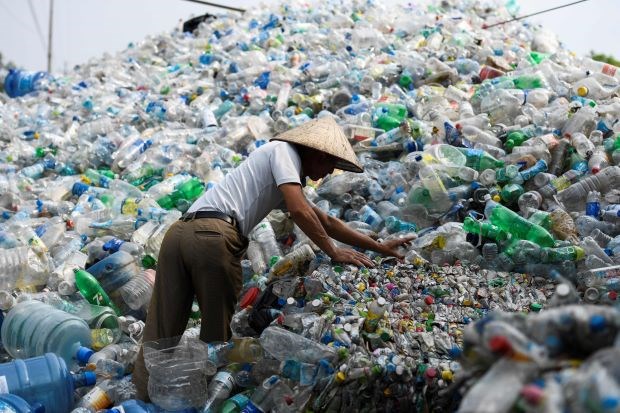
- Previous New York Times: On Hong Kong Handover Anniversary, Many Fear Loss of Freedoms
- Next Chinese military conducts anti-ship ballistic missile tests in the hotly contested South China Sea





